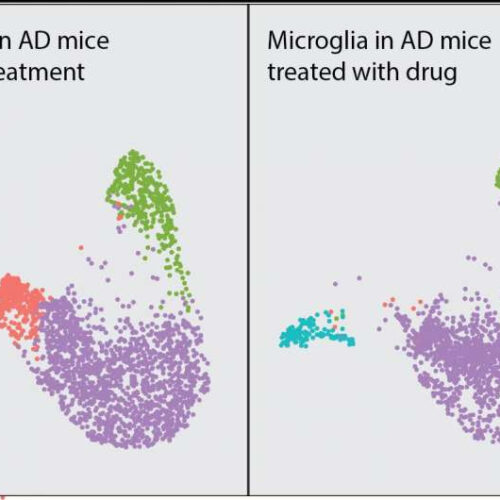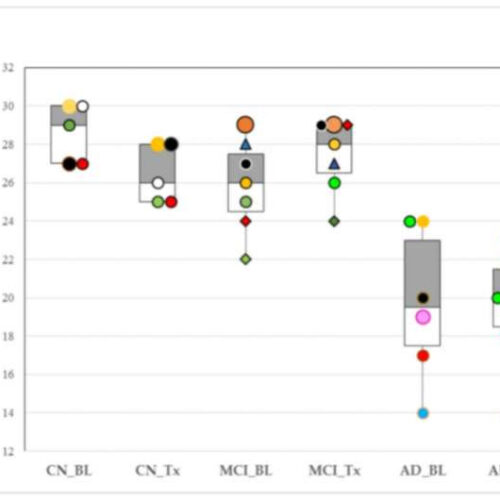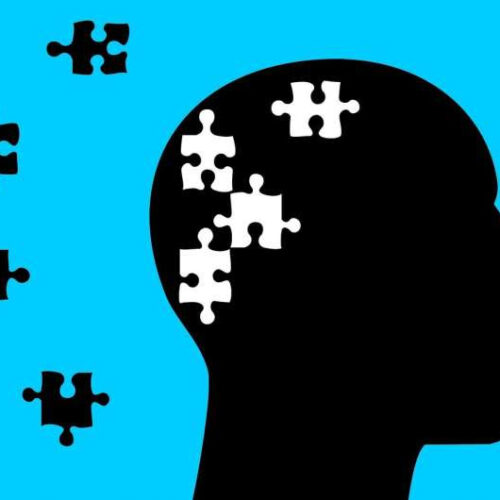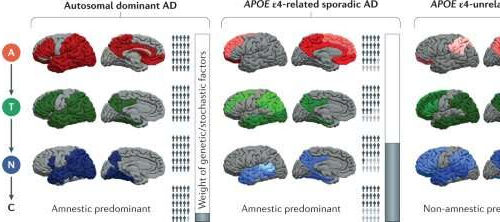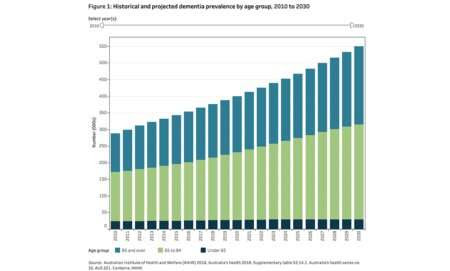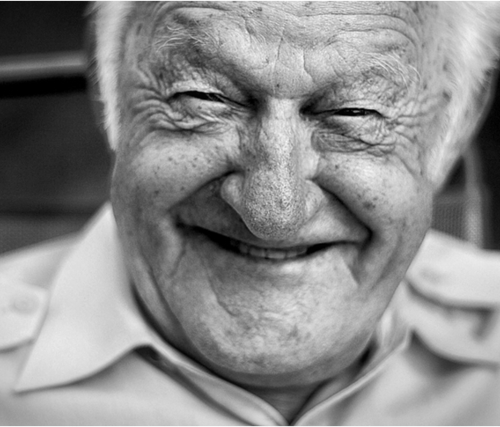by University of Southern California Credit: Pixabay/CC0 Public Domain A human stroke drug, fast-tracked by the Food and Drug Administration and soon entering Phase 3 clinical trials, shows intriguing signs that it might also be a safe and powerful defense against Alzheimer’s and other forms of dementia. A new study published Tuesday in the Journal of Experimental...
Category: <span>Alzheimer’s</span>
Targeting the brain’s immune cells may help prevent or treat Alzheimer’s disease
by Weill Cornell Medical College Single cell RNA-seq analysis of microglial response in a mouse model of Alzheimer’s disease. Treatment with experimental drug MK2206 depleted a subcluster of disease-associated microglia (pink) and protected against synaptic loss (not pictured). Each dot depicts one microglial cell. Different colors depict different microglial states. Credit: Dr. Li Gan. A...
Dental device for snoring may slow onset of Alzheimer’s disease
by Center for BrainHealth This figure shows changes in cognitive assessment scores for individuals in each group (CN=cognitively normal, MCI=mild cognitive impairment, AD=Alzheimer’s disease) at the start of the study and after 4 weeks. Credit: Center for BrainHealth A good night’s sleep plays an essential role in regulating brain health by removing the waste material...
Potential new treatment for Alzheimer’s disease would be relatively cheap
RIKEN IMAGE: NEPRILYSIN (RED) AND AΒ (GREEN) LEVELS IN THE HIPPOCAMPUS OF ALZHEIMER’S DISEASE MODEL MICE. TOP: CONTROL. BOTTOM: AFTER BEING FED DIAZOXIDE. AFTER DIAZOXIDE TREATMENT, NEPRILYSIN LEVELS INCREASED AND AΒ LEVELS DECREASES. MICE ALSO PERFORMED BETTER ON MEMORY TESTS (NOT SHOWN HERE). CREDIT: RIKEN Researchers at the RIKEN Center for Brain Science (CBS) in...
Bench-to-bedside drug design could lead to new Alzheimer’s disease treatments
by University of Glasgow Credit: CC0 Public Domain An international team of scientists and pharmaceutical collaborators has made a breakthrough “bench to bedside” discovery, ten years in the making, which they hope will advance the future treatment of Alzheimer’s disease in patients. The research—conducted at the University of Glasgow and the biotechnology company Sosei-Heptares Ltd...
New framework for analyzing Alzheimer’s disease identifies not one form, but three
by University of Geneva Fig. 1: The probabilistic model of Alzheimer disease. Credit: DOI: 10.1038/s41583-021-00533-w According to the commonly accepted model, Alzheimer’s disease is characterized by an ineluctable sequence, from the accumulation of toxic proteins in the brain to dementia resulting from neurodegeneration. While this deterministic sequence is sometimes true, it does not seem to be...
Mutant mice breakthrough finds probable cause of Alzheimer’s disease
by Thomas Crow, Particle The numbers of Australians with dementia are increasing each year (largely because of population growth). Credit: Australian Institute of Health and Welfare A team of WA researchers may have discovered a cheap, revolutionary treatment for Alzheimer’s disease—and the key is a body part you may not expect. Dementia is the second leading...
Disrupted circadian regulation of cognition in Alzheimer’s disease
by Emily Caldwell, The Ohio State University We know about circadian regulation of sleep, but new research in a mouse model of Alzheimer’s disease suggests beta-amyloid buildup in the brain could also contribute to deficits in circadian regulation of learning and memory early in the disease process. Credit: Shutterstock.com Circadian dysfunction linked to Alzheimer’s disease is...
Alzheimer’s Disease May Cause Vicious Circle between Brain Network and Immune Cell Dysfunctions
Studying the complex causes of Alzheimer’s disease, and how to treat and prevent this condition, is like solving a many-piece puzzle, with scientists each tackling a small section, unsure of how it might fit into the larger picture. Now, researchers at Gladstone Institutes have determined how a handful of previously unconnected puzzle sections fit together....
Roundup of 3 recent studies on dementia risk
As dementia research is accelerated, more published papers are offering new insights into the condition that impairs memory loss and judgment. Below is a roundup of three recent studies involving UW Medicine researchers. Each included a cohort of volunteers in the Adult Changes in Thought research program at Kaiser Permanente Washington. Dementia risk and hearing: The...


